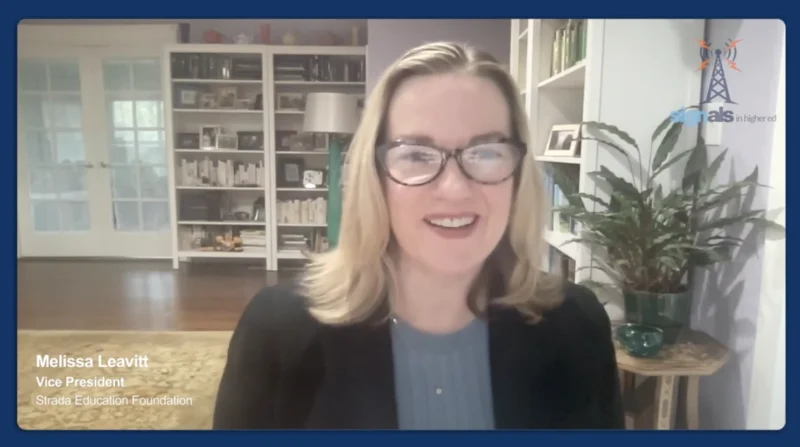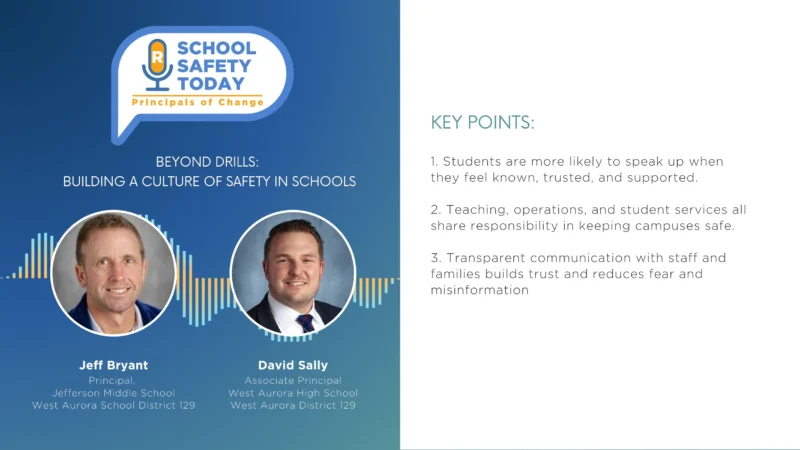Breaking the Stigma Behind Men’s Mental Health
This episode of SecurED, delves deep into the emotional toll experienced by individuals exposed to traumatic events, from law enforcement officers negotiating with shooters to reporters covering tragic stories. Anastasiya Bolton, a seasoned journalist, shares her insights on the lasting effects of such experiences and how addressing mental health is not a sign of weakness but a crucial aspect of maintaining a sound body and mind.
Key Takeaways:
- The Slow Drip of Trauma: Mike and Anastasiya explore how trauma accumulates over time, even for professionals who are expected to be resilient. They discuss the challenges of maintaining compassion in the face of repeated exposure to violence.
- Normalizing Mental Health Conversations: Anastasiya advocates for openness about mental health, emphasizing that showing vulnerability is a strength. The discussion highlights the power of acknowledging emotions, even in high-pressure professions.
- Consulting for Well-Being: Anastasiya offers her services to school districts, corporations, and other organizations to help them address mental health concerns effectively, creating a healthier and more supportive environment.
About the Guest:
Anastasiya Bolton is the Founder of ViKSTORY Media, bringing her extensive experience as a journalist to tackle the essential yet often overlooked topic of mental health. With a passion for normalizing discussions around emotions and well-being, Anastasiya is at the forefront of creating positive change.




